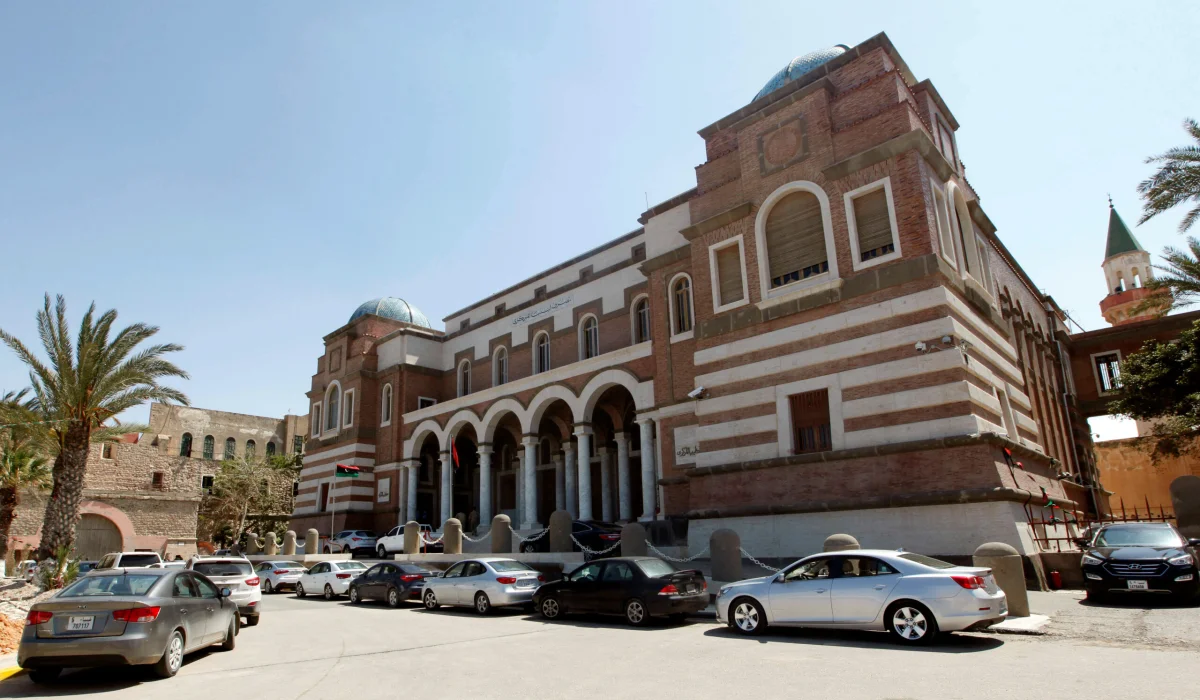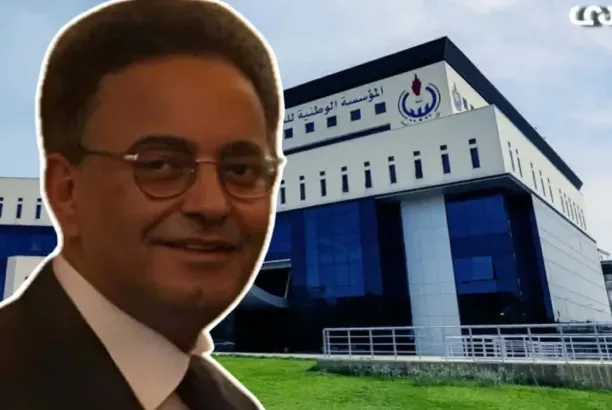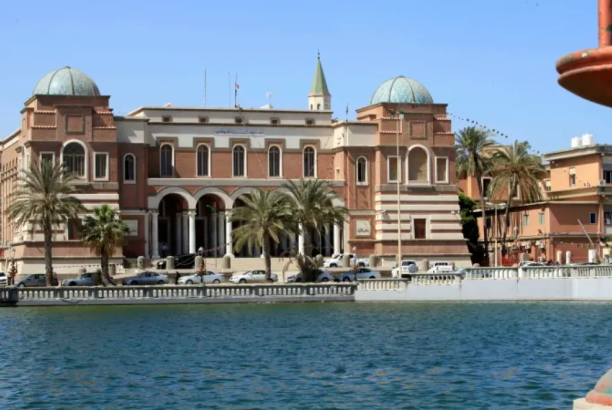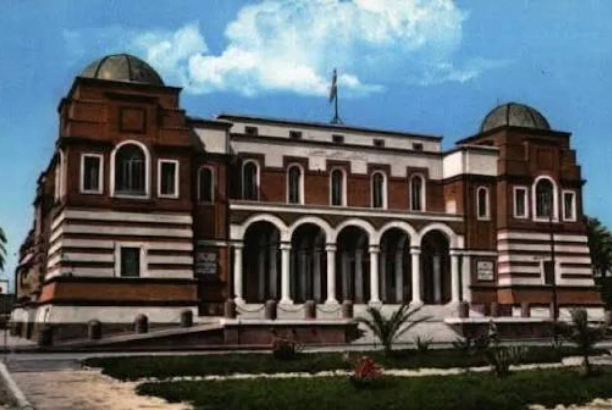The “Middle East Monitor” website reported, citing informed sources, that there are mediations to contain and resolve the crisis at the Central Bank of Libya following the Presidential Council’s decision to form a new board and proceed with the dismissal of current Governor Seddiq Al-Kabeer and his deputy, Marai Al-Barassi, with the appointment of Muhammad Al-Shukri.
The site added that in September 2014, the House of Representatives voted by majority to dismiss Seddiq Al-Kabeer from his position as Central Bank Governor. In January 2018, the House of Representatives issued a decision to appoint Muhammad Al-Shukri as Central Bank Governor. However, on Friday, the House Presidency reversed its decision, suspending Al-Shukri’s appointment due to the expiration of his mandate and his failure to assume his duties, reinstating Sadiq Al-Kabeer as Governor.
The site also mentioned that Parliament Speaker Aguila Saleh warned on Monday that the Presidential Council’s move to interfere with the Central Bank or appoint a new governor could lead to the freezing of Libyan assets abroad and the collapse of the local currency.
It is not within the Presidential Council’s powers to form the Central Bank’s board, but according to observers, it is attempting to exploit a loophole by relying on the House of Representatives’ 2018 decision to appoint Al-Shukri.
According to the site, Prime Minister Abdul Hamid Dbeibeh of the Government of National Unity pressured for Al-Kabeer’s dismissal, but international forces, led by the United States, warned against this move in a show of support for the current governor.
After nine years of division, the Central Bank announced on August 20, 2023, its return as a unified sovereign institution, emphasizing its commitment to addressing the effects of its division.
The site continued, stating that the existence of two governments in the east and west has deepened the political crisis, with Libyans hoping for a resolution through long-awaited presidential and parliamentary elections, which have been delayed due to disagreements over electoral laws and the executive authority that will oversee them.






